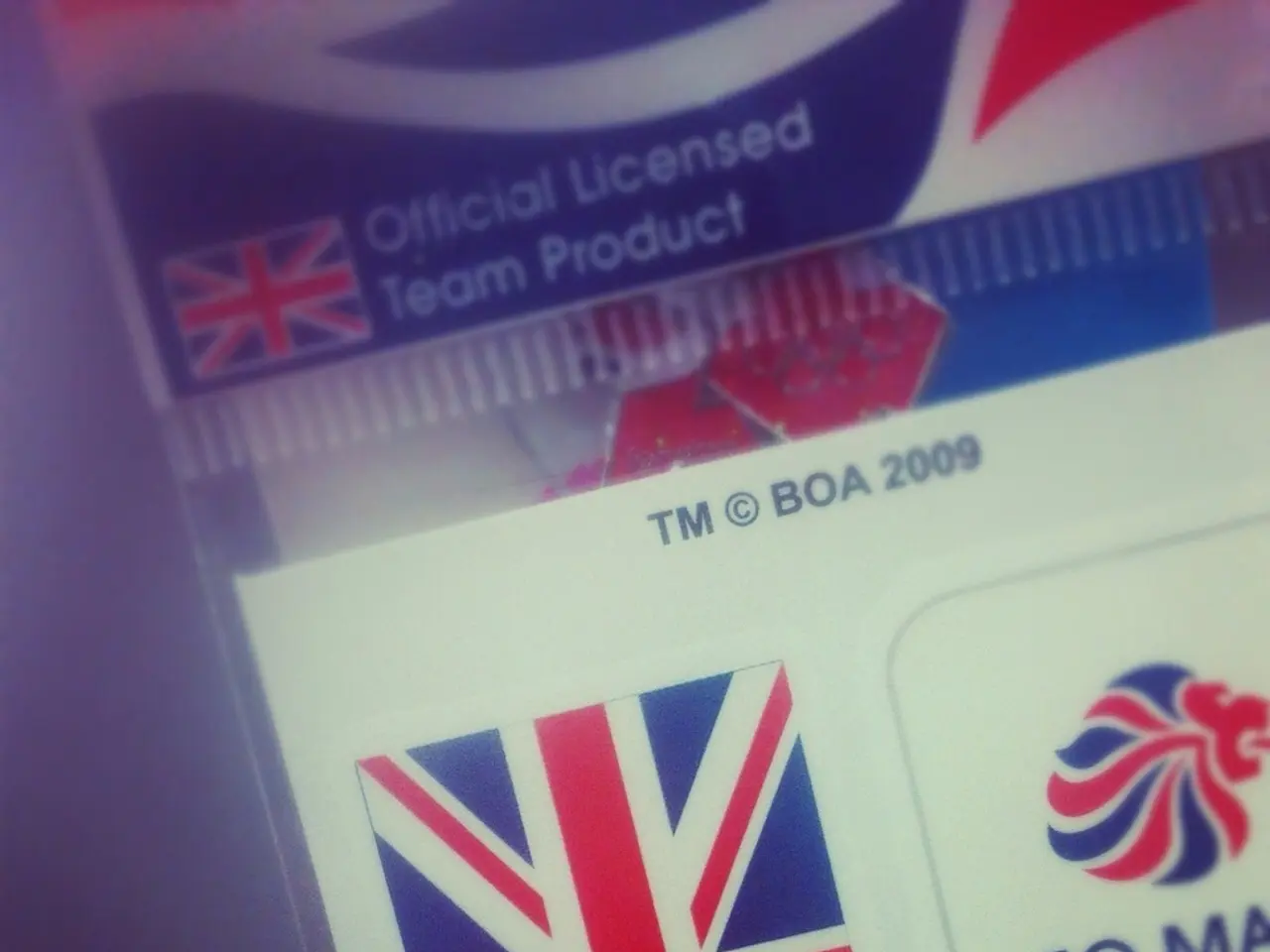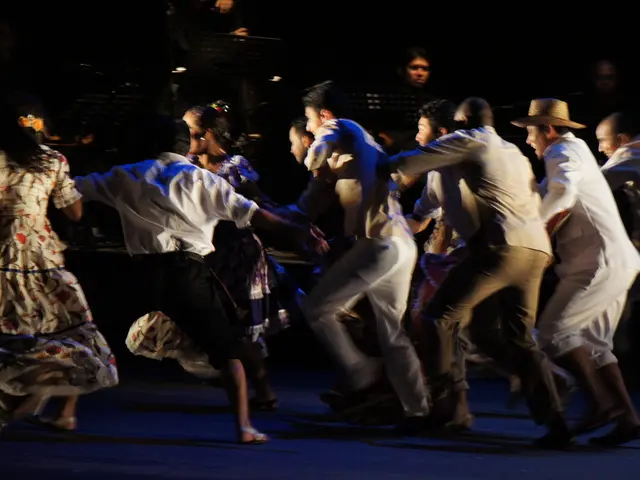Trump executes decree levying $100,000 yearly fee on H-1B work visas
The US tech industry is facing potential changes, with the introduction of a significant fee for H-1B visa applications. This shift could mark a new focus towards American workers, as the Trump administration aims to bolster domestic labor.
The H-1B program, which allows companies to sponsor foreign labor forces with specialized skills, has been a contentious issue for some time. Critics argue that the program reduces wages, sidelines American workers, and hinders domestic growth. However, proponents, such as Elon Musk, contend that H-1B visa holders can bridge the talent gap and maintain competitiveness.
In the first half of 2025, tech giants like Amazon, Meta, and Microsoft approved over 10,000 and 5,000 H-1B visas respectively. The US tech industry heavily relies on foreign workers from India and China, and the new fee could potentially disrupt this workforce.
The proposed fee of $100,000 per H-1B visa application was introduced by the Trump administration as part of their increased efforts to boost domestic labor. The administration has also introduced a "golden card" visa for permanent US residents, requiring a payment of $1 million.
Deedy Das, partner at venture capital firm Menlo Ventures, expressed concerns that imposing hefty fees on companies could create a disincentive to attract global talent to the US. On the other hand, US Commerce Secretary Howard Lutnick stated that major companies are in agreement with the new fee.
The new fee could potentially lead to a shift in focus towards training recent graduates from American universities instead of relying on foreign workers. This could be a significant change for an industry that has long relied on the skills of engineers, doctors, scientists, and computer programmers from abroad.
Under the H-1B visa, companies sponsor workers in specialized fields like engineering, medicine, science, and computer programming. The duration of employment under these visas can be extended from the initial three years to six years.
As the US tech industry navigates these changes, it remains to be seen how the new fee on H-1B visas will impact the industry and the broader US economy.
Read also:
- United States tariffs pose a threat to India, necessitating the recruitment of adept negotiators or strategists, similar to those who had influenced Trump's decisions.
- Weekly happenings in the German Federal Parliament (Bundestag)
- Southwest region's most popular posts, accompanied by an inquiry:
- Discussion between Putin and Trump in Alaska could potentially overshadow Ukraine's concerns








